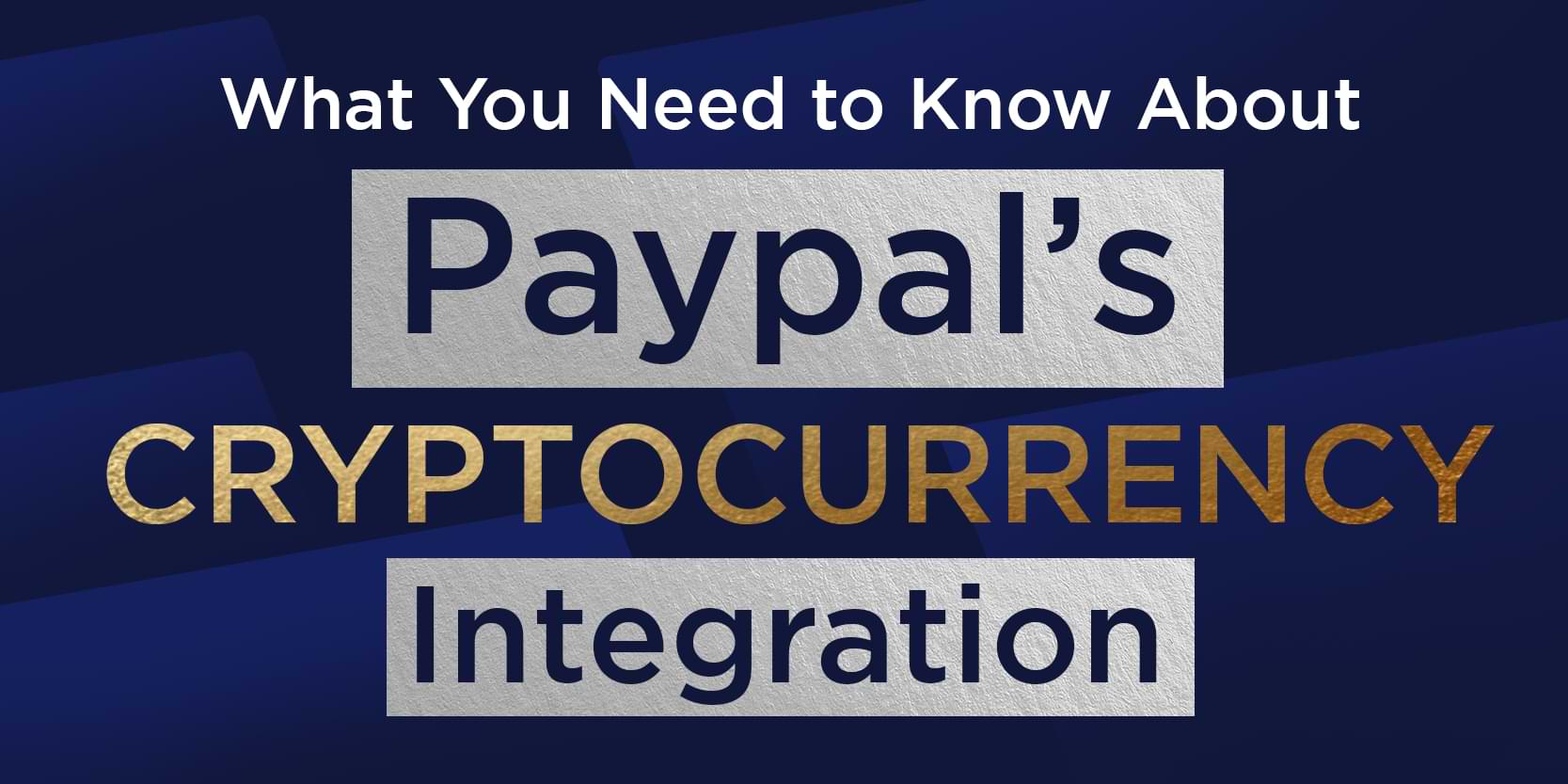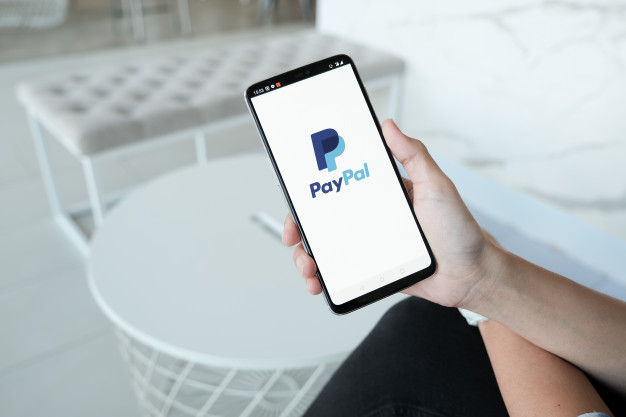
What You Need to Know About Paypal’s Cryptocurrency Integration
Paypal is one of the biggest companies in the business of digital payments and transactions. While their platform has primarily dealt with sending, receiving, and holding money on a personal and business level, it’s been recently looking into ways of expanding the digital payment experience to reach its goal of facilitating one billion transactions a day. In October 2020, Paypal announced its support for major cryptocurrency integrations–a partnership that many had not seen coming.
Closing the Market Gap
The adoption of cryptocurrency among payment intermediaries isn’t new. It’s been done by other facilitators in the past, but none as large and influential as Paypal. This partnership may seem overdue, but it has come as a surprise due to Paypal’s lukewarm view of cryptocurrency. In 2018, the founding CEO of Paypal Holdings, Inc (NASDAQ: PYPL) claimed that Bitcoin is a scam. On the other end of the scale, Paypal represents the type of intermediary that cryptocurrency aims to disrupt.
However, an important thing to note is that partnership is essential in bringing the concept of cryptocurrency to a wider market. At the moment, Bitcoin (BTC) holds the largest cryptocurrency market share with a total of about 187 million users, which pales in comparison to Paypal’s 487 million users. By making coins available to the common folk, cryptocurrency will inevitably become a more widely-known asset among individual users instead of an investment hoarded by corporations and enthusiasts.
Limited Integrations
The entire cryptocurrency integration in Paypal’s major platform might start sounding like a good idea, as it offers a huge conversion opportunity among those who aren’t aware of crypto as a virtual currency. But there’s a huge catch–the integrations are extremely limited. You might be thinking that this is a wonderful opportunity to finally use your coins to pay for purchases or manage and send them to others on a much user-friendly platform. That’s not the case.
Paypal doesn’t allow you to withdraw or send cryptocurrency to others, yourself, or another cryptocurrency hub–the platform purely “holds” your money and allows you to buy and sell without entering a separate coin market. Essentially, it allows you to centralize all your digital financial assets onto one platform, just like how social media platforms take features from one another to give you the full organic experience in one place. In the case of Paypal, it simply acts as a stock market that facilitates exchanges for major cryptocurrencies, including Bitcoin (BTC), BitCash (BITC), Ethereum (ETH), and Litecoin (LTC).
In these early stages, Paypal’s biggest role is to bring cryptocurrency awareness to a large market, which is admittedly a good move toward mainstream coin transactions.
The Fine Print
There’s a huge drawback that you should know about before utilizing Paypal’s cryptocurrency integration. While it’s been established that the platform can do no more than buy, sell, and hold your coins, the fine print states that “you will not hold the digital Crypto Assets themselves in your Crypto Asset balance.” Paypal has made it clear that users will actually “own” their balance, but it won’t be stored in their personal accounts. Paypal will instead store all the crypto assets in an omnibus account to prevent fraud. You won’t have control over the private keys–letters and numbers that allow you to transfer your digital assets–of your crypto balance, which can make or break your decision to leverage this platform.
This issue is bigger than it may seem because you essentially will be stuck in a situation where Paypal will hold your assets until you decide to liquidate them by selling. You’ll have to fully commit to using Paypal as a cryptocurrency hub to make this arrangement work. On the occasion that your account violates any of the company’s terms of service, they may have the right to suspend your account–and in that case, you’ll have to act fast, lest you lose all your assets.
Paypal as a cryptocurrency platform is a young concept, so it’s difficult to predict what the overall experience may bring. However, one thing’s for sure: this new integration can make huge waves in converting a larger consumer base to the cryptocurrency market.






Leave a Reply
Add comment ×